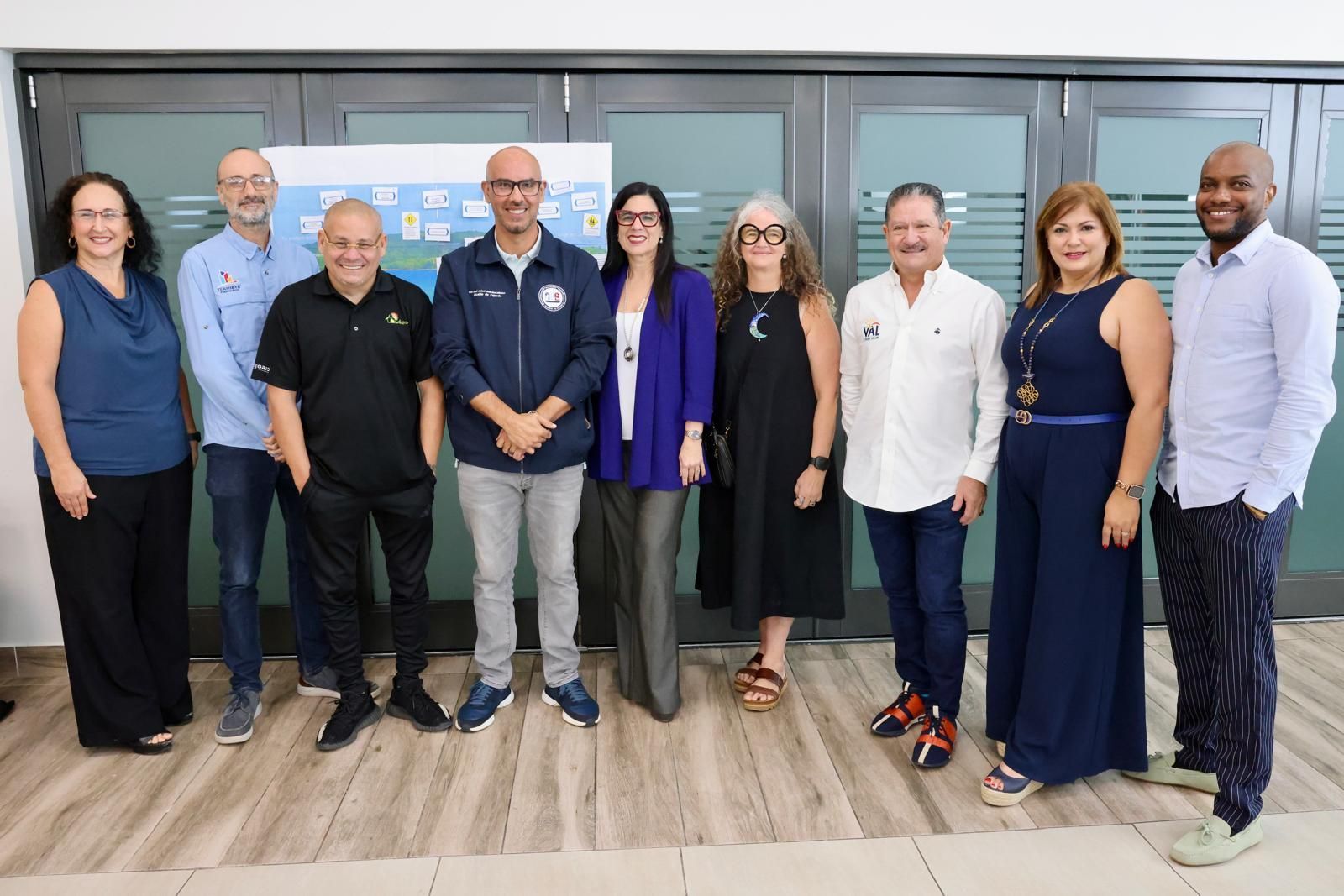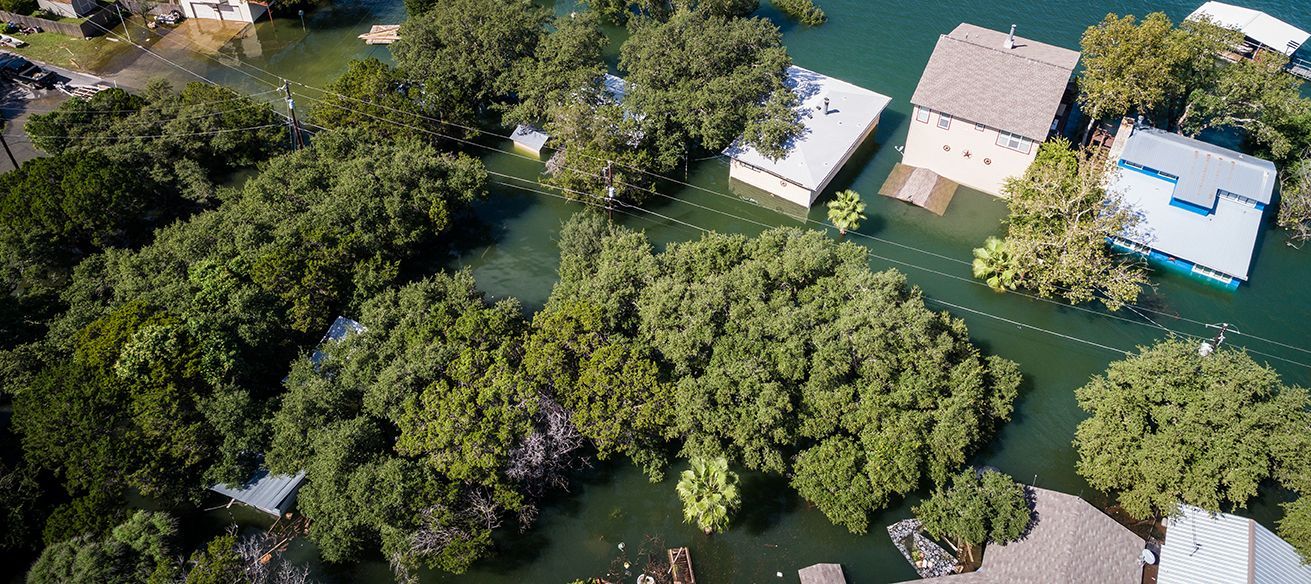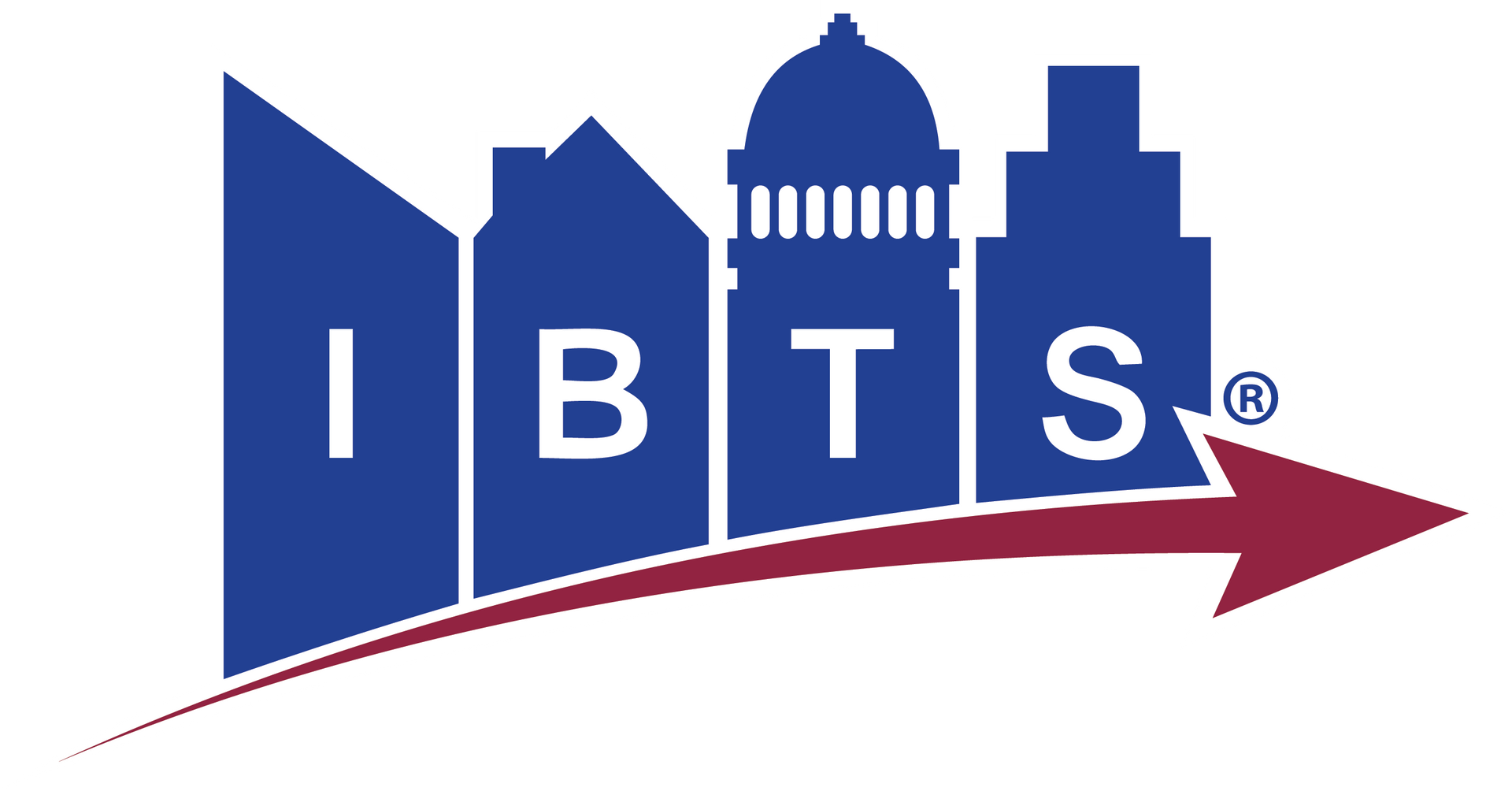IBTS Receives Major DOE Award to Expand and Enhance Solar PV Inspection Platform
Share this article:

November 1, 2019 – Ashburn, VA
Thanks to a major award from the U.S. Department of Energy, IBTS will expand its photovoltaic (PV) quality management field inspection platform, benefitting the solar industry by making the platform — and the data it collects — publically available.
The Institute for Building Technology & Safety (IBTS) received a major award from the Solar Energy Technology Office of the U.S. Department of Energy Solar Energy Technology Office to expand IBTS’ photovoltaic (PV) inspection platform.
IBTS, a national leader in third-party PV installation quality management, uses the current version of the inspection platform internally to track solar PV installation quality data and other information for clients.
With the funding, IBTS will expand the software through stakeholder engagement, allowing participation in developing expanded software design requirements, and then ultimately providing public access to the system and the data it collects. The result will benefit stakeholders across the solar industry, including jurisdictions, inspectors, installation companies and installers, code makers, financiers, and component manufacturers.
The expansion will allow other companies and jurisdictions to use the software themselves, or partner with IBTS to oversee their fleet of installation crews, permit inspections, or program compliance obligations. The platform also includes a remote tool that allows IBTS and other licensed users to increase efficiency by conducting remote fleet management or permit inspections via mobile intake.
The expanded platform will also collect significant amounts of data on solar PV installation violations, which will be provided to the public via a web-based open data portal. The portal will also incorporate additional datasets such as weather, system performance monitoring, operations and maintenance, installer certification levels, and others. By identifying possible scientific commonality between the datasets, this effort will provide the solar industry with valuable data for identifying installation deficiencies and developing process improvements, in turn helping ensure the safety and quality of solar PV technologies.
“IBTS is excited to offer our PV quality management tools to the industry through this software, allowing stakeholders across the industry to increase the safety, efficiency, and quality of solar PV inspections,” says Rudy Saporite, IBTS Energy & Sustainability Program Manager. “Making the inspection data collected through these efforts publically available will be invaluable to identify and improve on solar PV installation quality.”
IBTS was selected as a part of the Energy Department’s FY2018 SETO funding program, an effort to invest in new projects that will lower solar electricity costs and support a growing solar workforce. IBTS is one of several photovoltaics research projects that will focus on improving the performance and reliability of PV cells, modules, and systems and reducing materials and processing costs.
IBTS’ Energy & Sustainability division provides solar PV and energy program quality management, including field verification, quality desktop review, program oversight, strategic planning, training and other services to various state, local, and private clients throughout the nation.
Press Contact:
Karen Johnson
Market Engagement Program Director
kjohnson@ibts.org
About IBTS:
IBTS is a 501(c)(3) nonprofit organization committed to helping communities through quality services that reduce risk, enhance public safety, and improve quality of life. IBTS is headquartered in Ashburn, Virginia with branch offices across the country. IBTS’s work is guided by a Board of Directors made up of government officials appointed by five of the most highly respected, grassroots, state and local governmental associations, including the Council of State Governments (CSG), International City/County Management Association (ICMA), National Association of Counties (NACo), National Governors Association Center for Best Practices (NGA Center), and National League of Cities (NLC).





